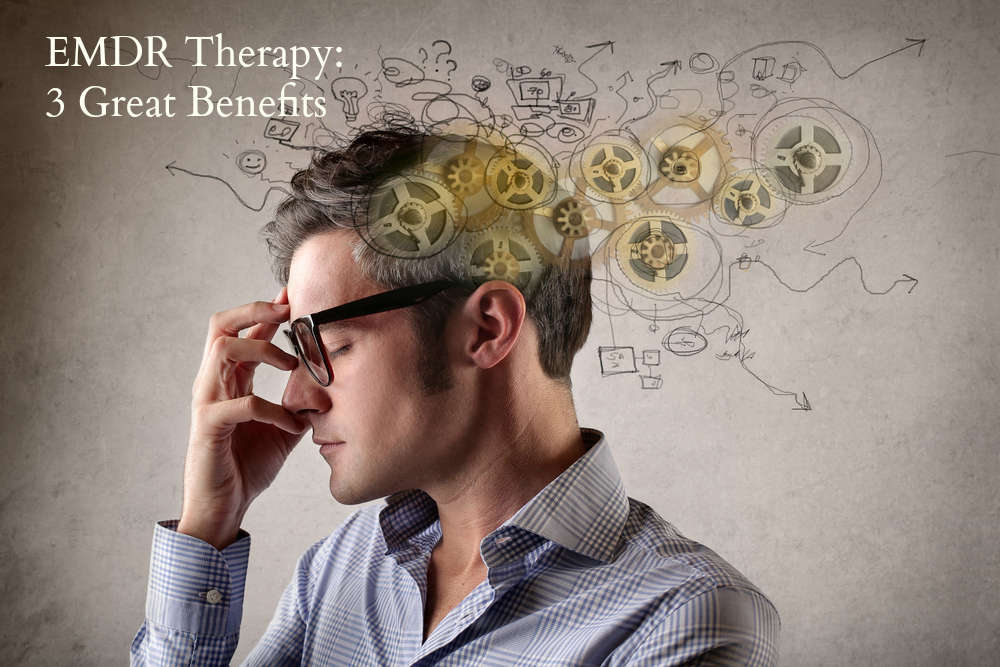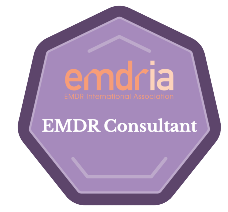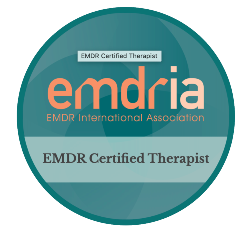EMDR Therapy: 3 Great Benefits
Panic, anxiety, sadness, nightmares or simply feeling stuck or frustrated in relationships- trauma can create problems that invade many aspects of life. Although there are numerous forms of therapy that are used to treat PTSD, trauma and anxiety, EMDR therapy stands out as one of the most effective.
For many people experiencing these unpleasant feelings or the symptoms of PTSD, they end up seeking a therapist with whom they are simply comfortable talking or that they feel will provide the swiftest treatment. These factors are important, yet they are not the only components necessary to effectively heal from trauma. EMDR therapy provides some key pieces needed to resolve these issues.
Nearly thirty years ago, EMDR therapy was discovered and it has since become increasingly fine-tuned and well known for the amazing impact it has on therapeutic change, growth and healing. As an EMDR therapist, I have been privileged to see dramatic changes in my clients during our work together. What I have learned is that there are generally three substantial benefits of the EMDR therapy that I see each day with my clients:
- Reorganizing thoughts around the trauma. EMDR therapy facilitates the reorganization of thoughts, feelings and memories that are related to the traumatic event. It is not about getting the client used to the trauma memory so that it no longer triggers anxiety or unpleasant emotions. It is about reorganizing the storage of the memory in the brain so that it no longer is so closely tied in to the emotions, sensations and anxiety provoking stimuli formerly associated with it. I have had many clients describe it as a therapy that takes the memory from being the whole story of one’s life, to being a chapter in the story of one’s life. The trauma memory becomes an “is what it is” event that no longer defines or controls the present day experience of the client.
- Letting go of it. EMDR therapy allows the client to let go of the pattern of circular thinking and anxious worry that often accompanies traumatic memories. Through the process of many different shifts that take place during EMDR therapy, clients feel lighter than they did prior to the therapy. They feel they can let go of the weight of the sad or anxiety provoking memory and move forward in their life. Some describe it as feeling the memory is more distant or “fuzzy,” not erased or gone, but as no longer having a foothold in their life.
- New, more positive self-beliefs. This one is big. EMDR therapy fosters new internal belief systems that are applicable to a broad spectrum of experiences in life. EMDR therapy affects not only the resolution of the traumatic memory, but also the perspective one has about themself. This impacts relationships, life perspective, behavioral choices and more. It can improve motivation, mood and confidence. Traumatic experiences, be they large or small, have a tremendous impact on our internal dialogue. Most, if not all, of our negative self beliefs are derived from challenges, poor relationships, conflict, lack of connection to significant others, or traumatic situations or events. By working through these things with EMDR therapy, the negative dialogue changes, which in turn, changes the experience one has with the world.
Long story short, EMDR therapy is so much more than a trauma treatment. It is a way to reshape one’s inner world. It can bring clients from a place of reaction to rationale, and from defeating self-beliefs to positive self-image. In some cases, EMDR therapy takes less time to accomplish these goals, but in other cases it can take almost as long as standard therapy, but with a more pervasive improvement in one’s overall sense of well being. Either way, EMDR therapy is an excellent avenue to recovery from trauma, anxiety or a host of other challenges, impacting change on both a micro and macro level and bringing relief where many other therapies cannot.





